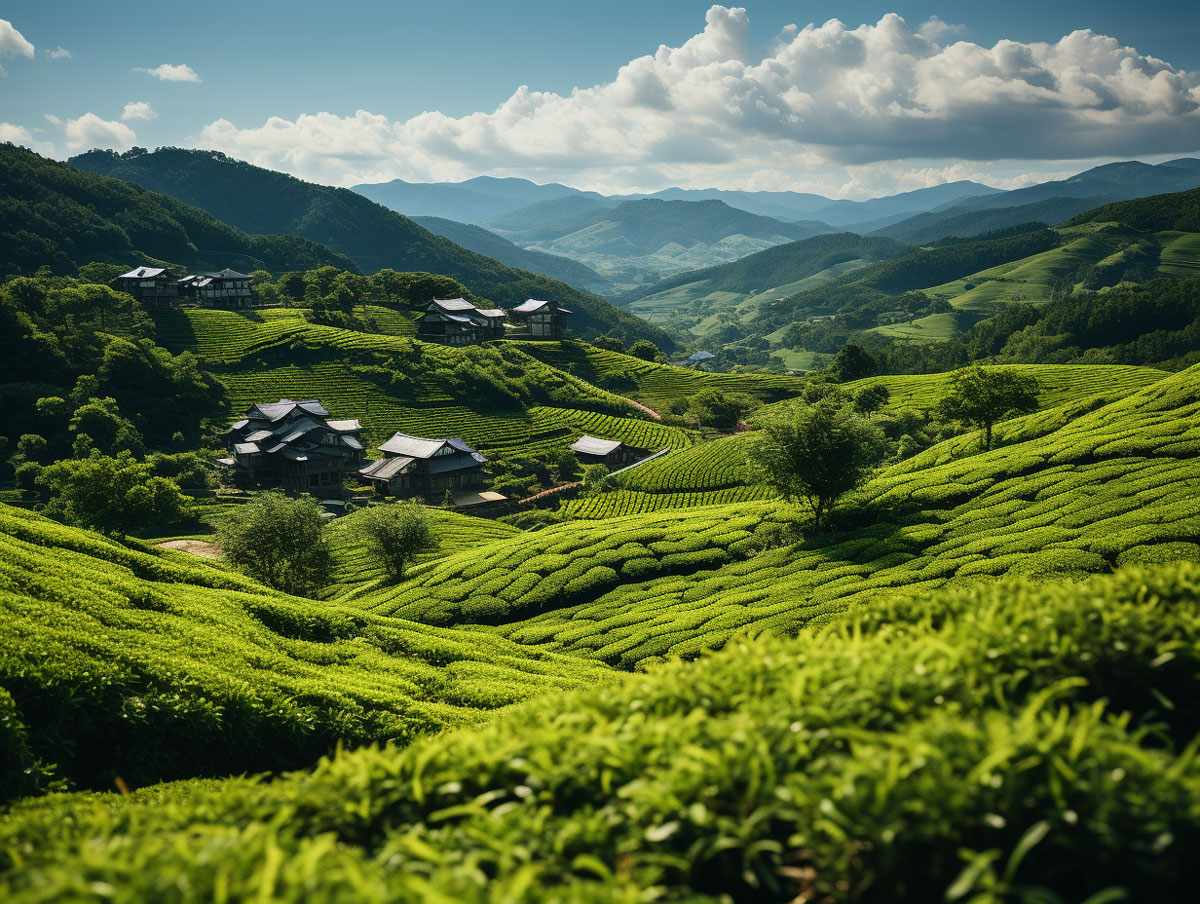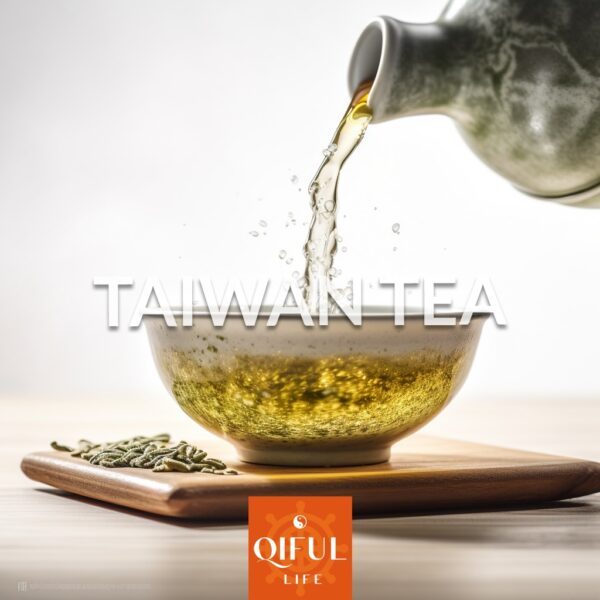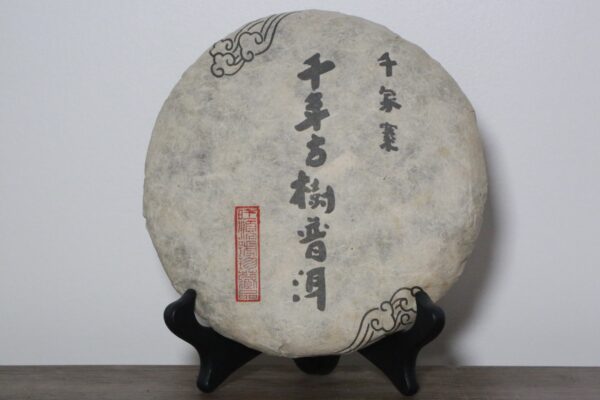
The Unique World of Tea from Jiangxi, China
The text provides information about various types of tea from different regions of Jiangxi Province, China. Here’s a summary of the teas mentioned.
Most Popular Teas from Jiangxi
The most popular teas from Jiangxi, China are:
- Lushun Yunwu tea
- Wuyuan Mingle tea
- Jianggang Cuilu tea
- Shanyao Baimei
Lushan Yunwu Tea
Lushan Yunwu Tea is a type of green tea that originates from Lushan, Jiangxi. Tea producers invented it during the Han Dynasty and later offered it as a tribute tea during the Song Dynasty. The tea grows in a misty environment year-round, which enriches the leaves with mineral substances. The short tea trees produce fleshy and juicy leaves. Workers carefully pluck the leaves during the Tomb-Sweeping Festival and process them in workshops or factories. The tea appears as soft, fuzzy strips, and its fresh scent darkens over time.
Wuyuan Mingmei Tea
Wuyuan Mingmei Tea is a green tea from Wuyuan County, Jiangxi. Tea experts invented it in 1958, blending traditional processing principles with new technology. This tea grows in a hot and humid environment, which gives it a “young” character, and workers pluck the leaves on sunny days. Producers dehydrate the leaves in a hot wok, roll them, and bake them on cotton cloth. The tea has a wrinkly dark green appearance, and when steeped, it spreads out and creates a light green tea.
Jinggang Cuilu Tea
Jinggang Cuilu Tea is a green tea that comes from the Jinggang Mountains in Jiangxi. It grows in an area with distinctive seasons, where tall tea trees have fewer branches and receive abundant sunshine. Cuilu tea leaves are long, curly, and covered with heavy silver fuzz. The repeated rolling step during processing gives the tea its curly shape. This tea has a long-lasting aroma, often called the “scent from the mountain.”
Shangyao Baimei Tea
Shangyao Baimei Tea is a green tea from Shangyao City, Jiangxi, with roots dating back to the Tang Dynasty. Baimei tea leaves are long, fuzzy strips that resemble old people’s eyebrows, and the tea water turns as green as emeralds. The processing of this tea involves stirring, rolling, and baking, similar to other green teas. Tea producers developed it from a tea tree breed called Damianbai, known for its fuzzy leaves.






